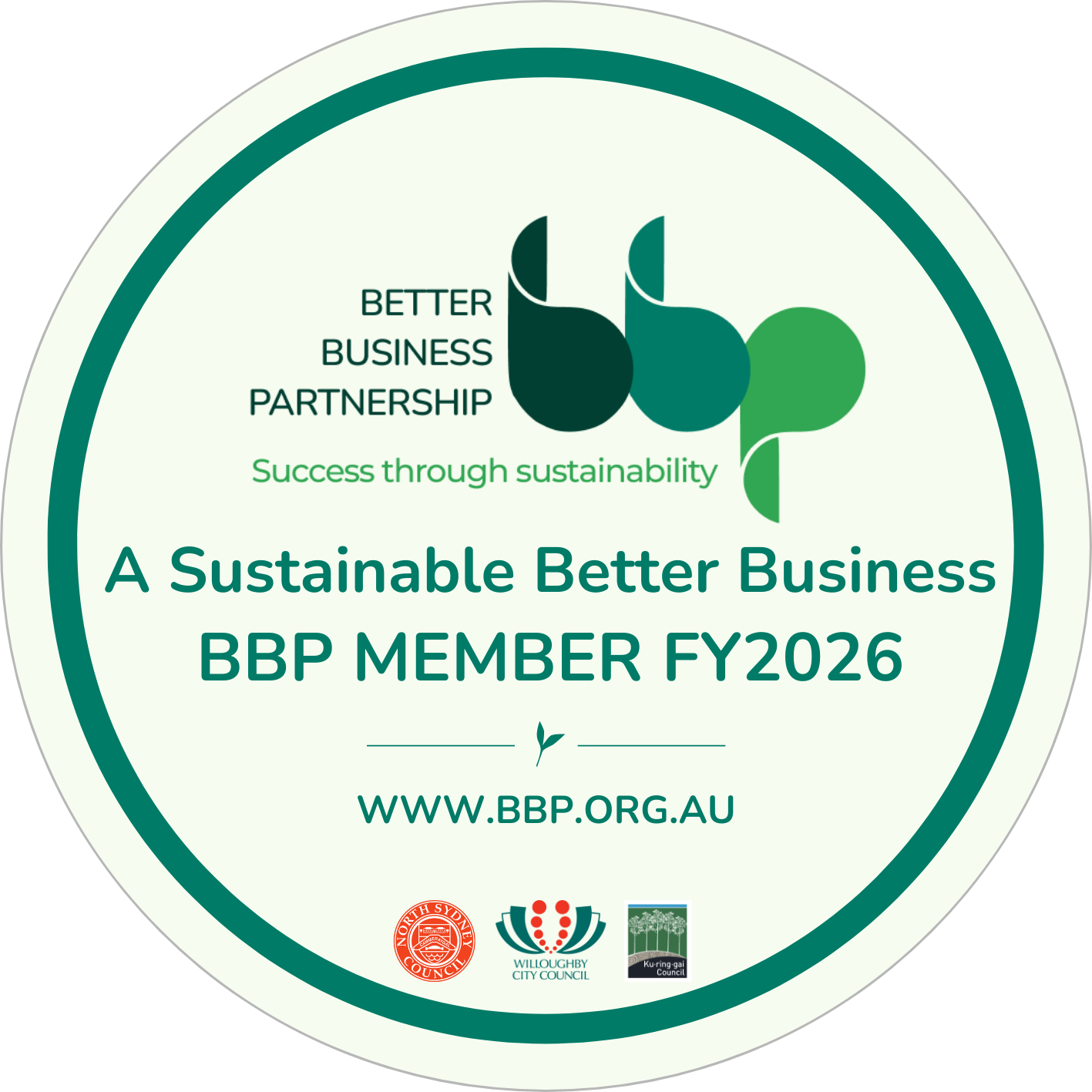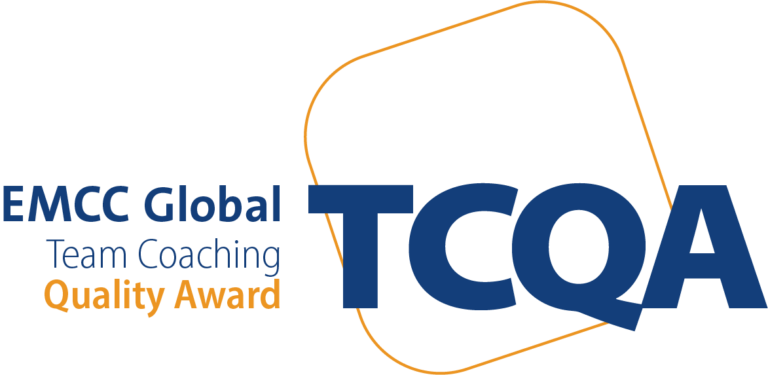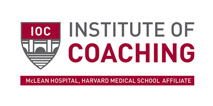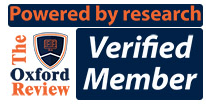Nexus of neuroscience, coaching and leadership: next frontier
Published: Dec 02, 2018
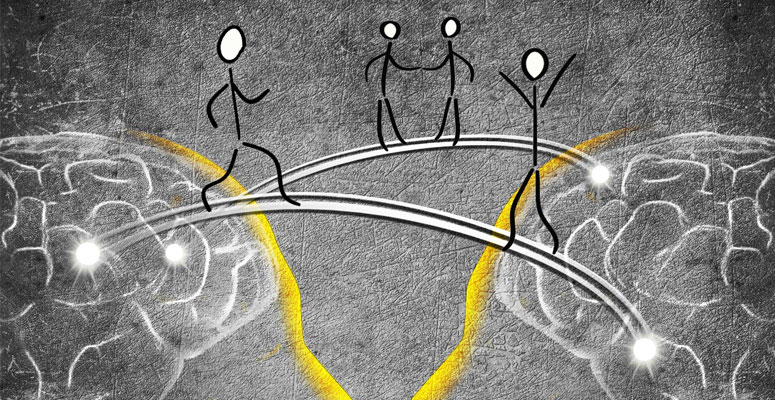
A highlight of this year, so far, has been my ability to attend the 2018 Coaching in Leadership and Healthcare Conference in Boston, organised by the Harvard McClean Medical School Institute of Coaching. This is where STEMM (science, technology, engineering, maths & medicine) research meets coaching theory and gets translated into practical applications for leadership development and wellbeing programs for positive outcomes at all levels: individual, team and organisational.
One of the main topics in this year’s conference was neuroscience. Neuroscience is uncovering the fundamental mechanisms underlying decision making, innovation and insight, empathy and human connection, social awareness and the common good, how people use information to guide learning and exploration, and the experience and impact of online versus live interaction.
Keynote talks by Richard E. Boyatzis, PhD (one of the most influential HR thinkers of our time and the originator of the seminal Intentional Change Theory) and by Mark T. Wallace, PhD (renowned neuroscientist and Professor of Psychiatry at the University School of Medicine at Vanderbilt University) were prominent due to their direct
Another fascinating talk (they all were!) was given by Angela M. Passarelli (Assistant Professor of Management, College of Charleston, and Research Fellow at the Coaching Research Lab, Case Western Reserve University). Her session summarised research results which examined the emotional, cognitive and goal-related correlates with coaching interventions.
Neuroscience, Coaching and Leadership State of Play
1. Neuroscience, Coaching and Leadership State of Play
- Our brains change throughout our lives and can be altered or adapted. Both our genetics and our environment (i.e. our experiences, relationships, work, culture, etc) shape our brains and influence behaviour. This adaptability is known as neuroplasticity – that is, the ability of the brain to grow, regrow and reform its connections and functions.
- This is the scientific tenet underpinning behavioural change processes such as therapy (clinical population dealing with mental health challenges like anxiety and depression) and coaching (non-clinical population seeking life/career improvement). Indeed, the Harvard Medical School is a strong proponent of the application of coaching for behaviour change to achieve any kind of health and wellbeing outcome.
- It is important to note however, that whilst the adult brain is capable of being changed by experience, the effort required to change becomes greater with age. Therefore, the design of coaching programs must be underpinned adult development science. The public needs to be cautious about outlandish claims regarding neuroplasticity!
- Research by Harvard neuroscientist Takao Hensch might help unlock the mystery behind the neural mechanisms responsible for “opening and closing” brain development periods and perhaps lead to new approaches to improve neuroplasticity, regardless of age.
2. Change is fuelled by positive emotions
- Emotions play a crucial role in memory formation and neurological change processes. Activating the reward centre in the brain stimulates processes that contribute to enhanced learning, habit formation and positive emotions.
- Evidence-based coaching is all about moving forward, unconditional positive regard for the client, tapping into their strengths, helping them crystallise their values (i.e. aligning motivation and building confidence), setting SMART goals and setting an accountability plan…all of which tends to create positive emotions in clients.
- Positive relationships are the foundation of change; the coaching relationship has the capacity to modify neural systems in clients and enhance emotional regulation. Relationships in adulthood have the power to produce positive change, which is why positive leadership, teams and organisations must be a focus for all business leaders.
3. Learning and change can be enhanced with visualisation
- A compelling vision of a desired future is often the precursor to individual and organisational change.
- The power of vision to the change process is due to the mind-body state it evokes, which optimises resources for change in ways typically different from states evoked by other types of coaching conversations.
- Mental imagery or visualisation activates the same brain regions as the actual behaviour would, plus it can speed up the learning of a new skill. In fact, a large amount of our brain (cerebral cortex) is dedicated to visual processing.
- Technological tools such as Augmented Reality (AR) and Virtual Reality (VR) will have a significant impact on executive coaching program deliveries because they (AR and VR) ensure optimal engagement of broad brain networks.
- VR will have the ability to simulate an almost infinite number of workplace scenarios – a powerful and convenient coaching tool for leadership development, among others.

New developments in neuroscience, as well as biometrics, genomics, metabolomics, and the human microbiome offer the opportunity for improved business outcomes not only in marketing and finance, but also in the enhancement of performance and human potential advancement. STEMM will continue to change coaching theory and practice over the next few years, making our mission at ProVeritas Group even more compelling.
About the Author:
Recent Articles
- Elevating Science-Based Leadership in Every Boardroom Oct-24-2022
- Narrative Coaching for Planetary Health Oct-03-2022
- Emotional Intelligence: The Key to Exceptional Leadership Jan-31-2022
- A Year in the Life of a Leadership Coach Dec-15-2021
- How to Develop Self-Knowledge and Why it Matters Aug-23-2021





